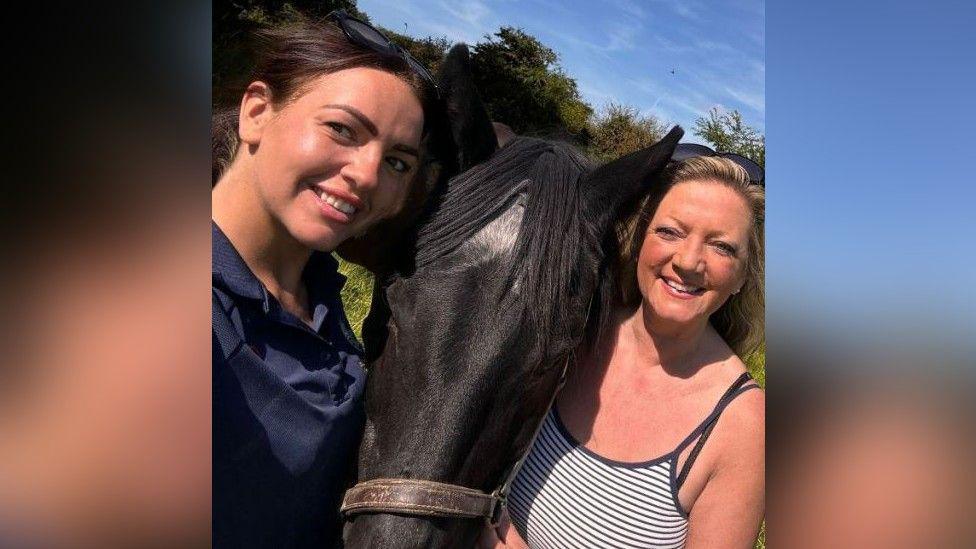'No room for mistakes' - life as a 999 call handler
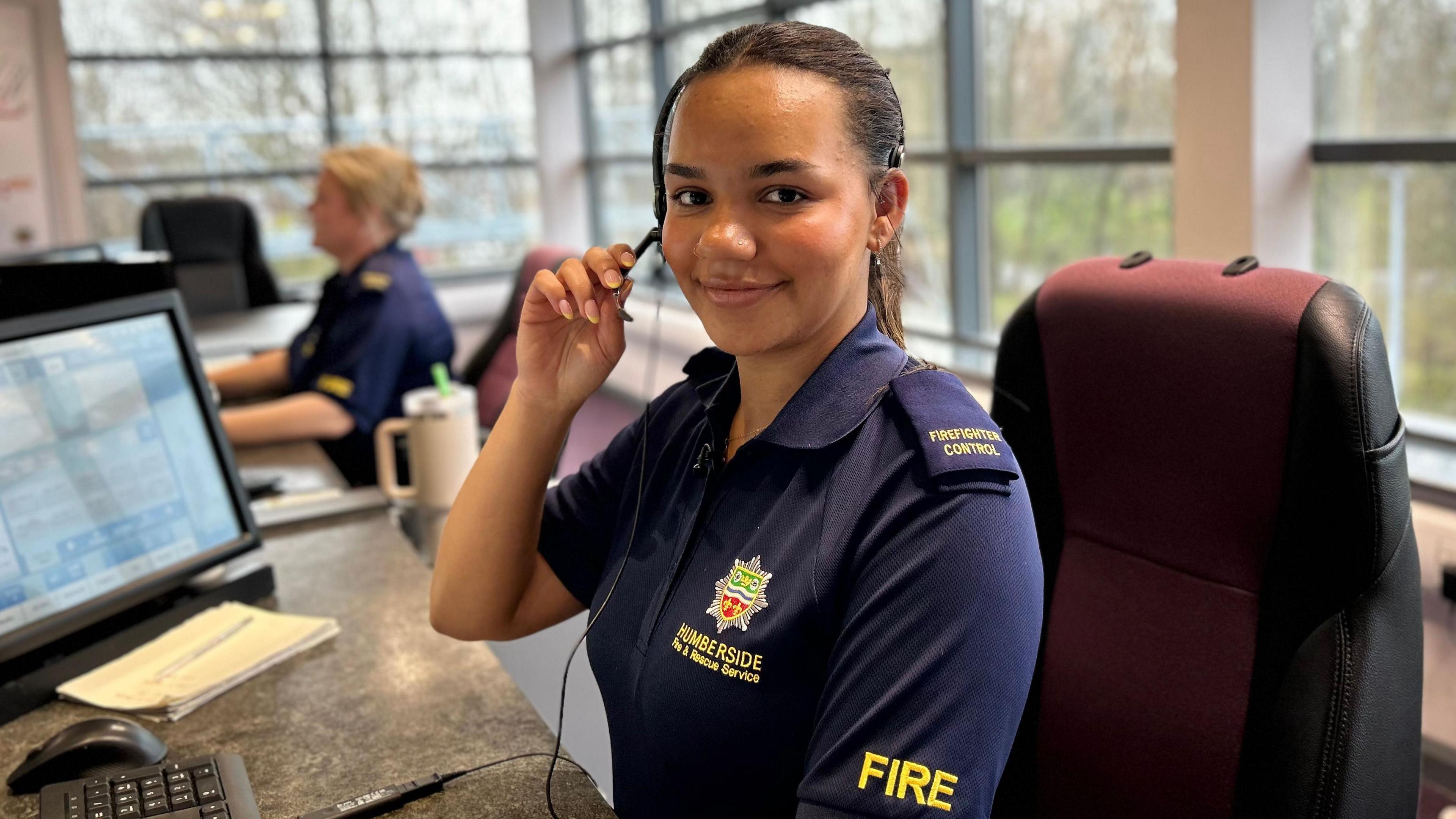
Mia Sutcliffe, 21, has worked as a 999 call handler with Humberside Fire and Rescue for just over a year
- Published
Emergency call handlers whose decisions can be the difference between life and death reveal what it is like to be the first port of call in a 999 control room.
A concerned neighbour who can see smoke coming through windows and doors of a property they know is occupied is on the end of Mia Sutcliffe's headset in the Humberside Fire and Rescue control room.
Sitting in front of four computer screens, a flashing red button making the sound of a siren has alerted the 21-year-old. It's the first of the "9s calls" that have come in since I have been here.
Mia establishes the location and what else the neighbour can see to get a picture of the scene, while she calmly types on her keyboard.
Within a minute of picking up the phone a response team has been assigned. Three minutes later, two fire engines are outside the property.
"You have to listen to everything they're saying carefully on the phone," Mia explains. "There's no room for mistakes, you've got to get it right."
On this occasion, the fire was put out smoothly, no one was hurt and advice was given to those involved. But that is not always the case.
Some "9s calls" live with the operators forever.
Hayley Galloway, 47, says one incident has stuck with her after a car crash near Bridlington in East Yorkshire.
"A husband and wife were killed at the scene and their small son, who was about two or three, was in the back of the car, unhurt," she says.
"The crews that went were beside themselves and even though I didn't witness it myself, I have a child and my heart just went out to them."
Hayley believes the role "isn't for everybody".
"It's not the easiest thing in the world," she adds. "There will always be jobs that play on your mind."
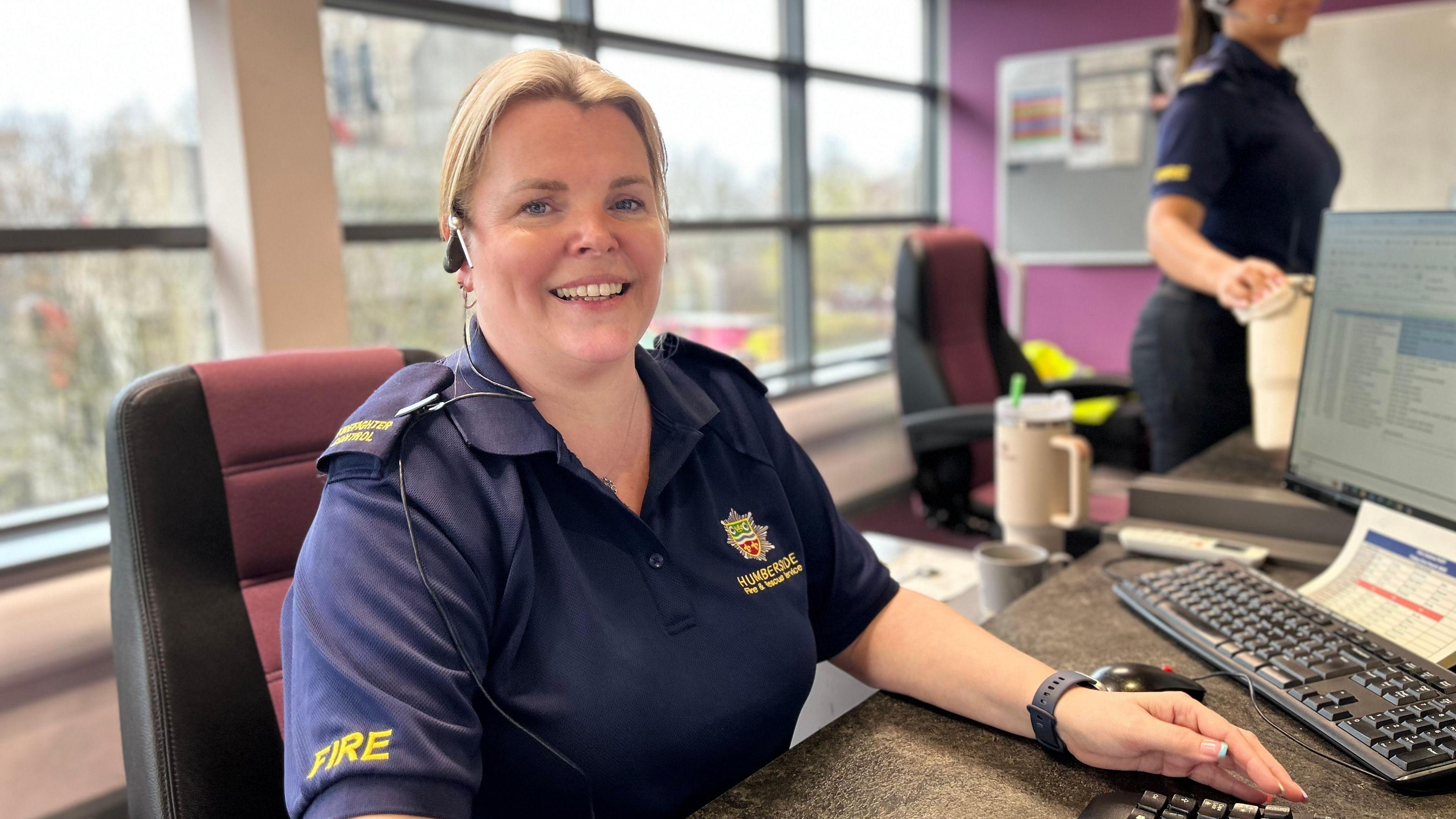
Hayley Galloway has worked in the control room for six years and is married to a firefighter
Not all calls are as straightforward as the one Mia has dealt with from the concerned neighbour.
There are times when the call handlers have to use their instincts and initiative. The decision they make in that moment could save a life.
"A year or so ago, in the early hours of the morning, we got a call from a landline," Hayley remembers.
"So I knew where this person was calling from, but I couldn't hear much noise and the call was about two seconds long.
"I could have sworn I heard an old man say 'help', and then it went dead."
Hayley played the call back but says she was still unsure exactly what was said. Sensing someone was in danger, she decided to mobilise units to check.
"A few minutes later, the man called back on his mobile and told us he was in a house fire and the fire had burnt through his telephone cable and he was trapped in his bedroom."
Had Hayley not trusted her gut feeling, "he probably wouldn't have made it," she says.
'Upsetting and difficult'
In 2024, the service received 24,304 calls to the control room - an average of about 67 a day.
The average attendance time to dwelling fires was six minutes and 13 seconds, while the time taken to attend a road traffic collision was eight minutes and 25 seconds for the period 2023-2024.
The service is required to have a response mobilised within 90 seconds of an emergency call on 75% of occasions.
Inside the control room, Hayley and Mia are sat next to each other, which comes in handy when they need quick geography knowledge. Hayley knows Hull well, whereas Mia can advise on any call Beverley related.
Hayley says the service offers "really good wellbeing support for staff".
The building where the control room is based has support rooms, a kitchen and other facilities that try to embody "a home from home feeling".
Throughout the afternoon, staff often make cups of tea and ask each other about how they are feeling.
"Some things are upsetting and difficult. Sometimes you might not feel it instantly," Mia adds.
"You might look back in the future and think that's actually really upset me, so someone always gets in touch to make sure if you're okay."
Mia never thought she would find herself working in an emergency response situation. She is now 15 months into a job she says she applied for "on a whim".
"No two days are the same, you never know what you're going to be walking into in a morning.
"I feel like I'm representing the younger generation and proving we can do it, too.
"I love my job because it saves lives."
Related topics
- Published11 February
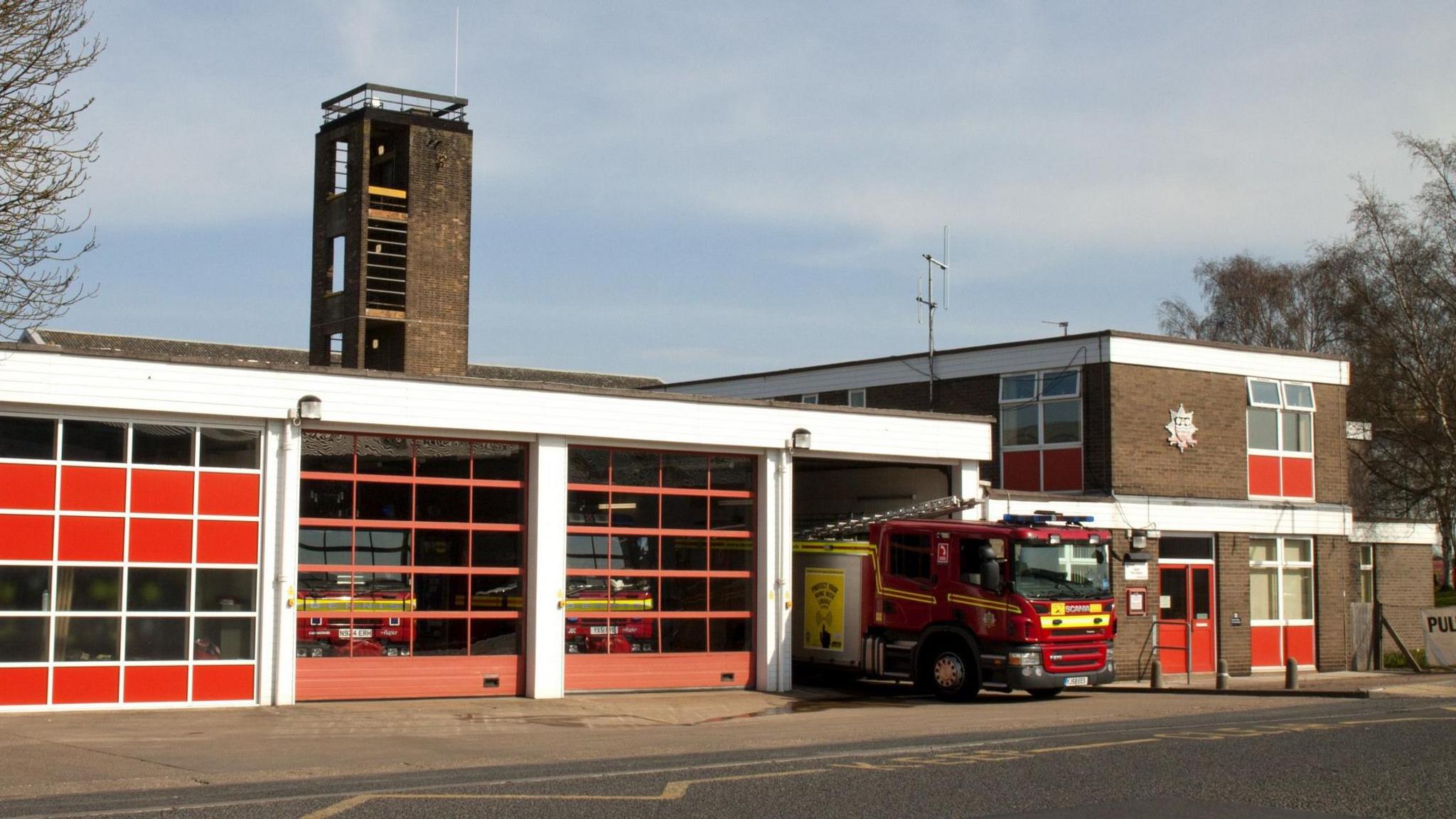
- Published20 February
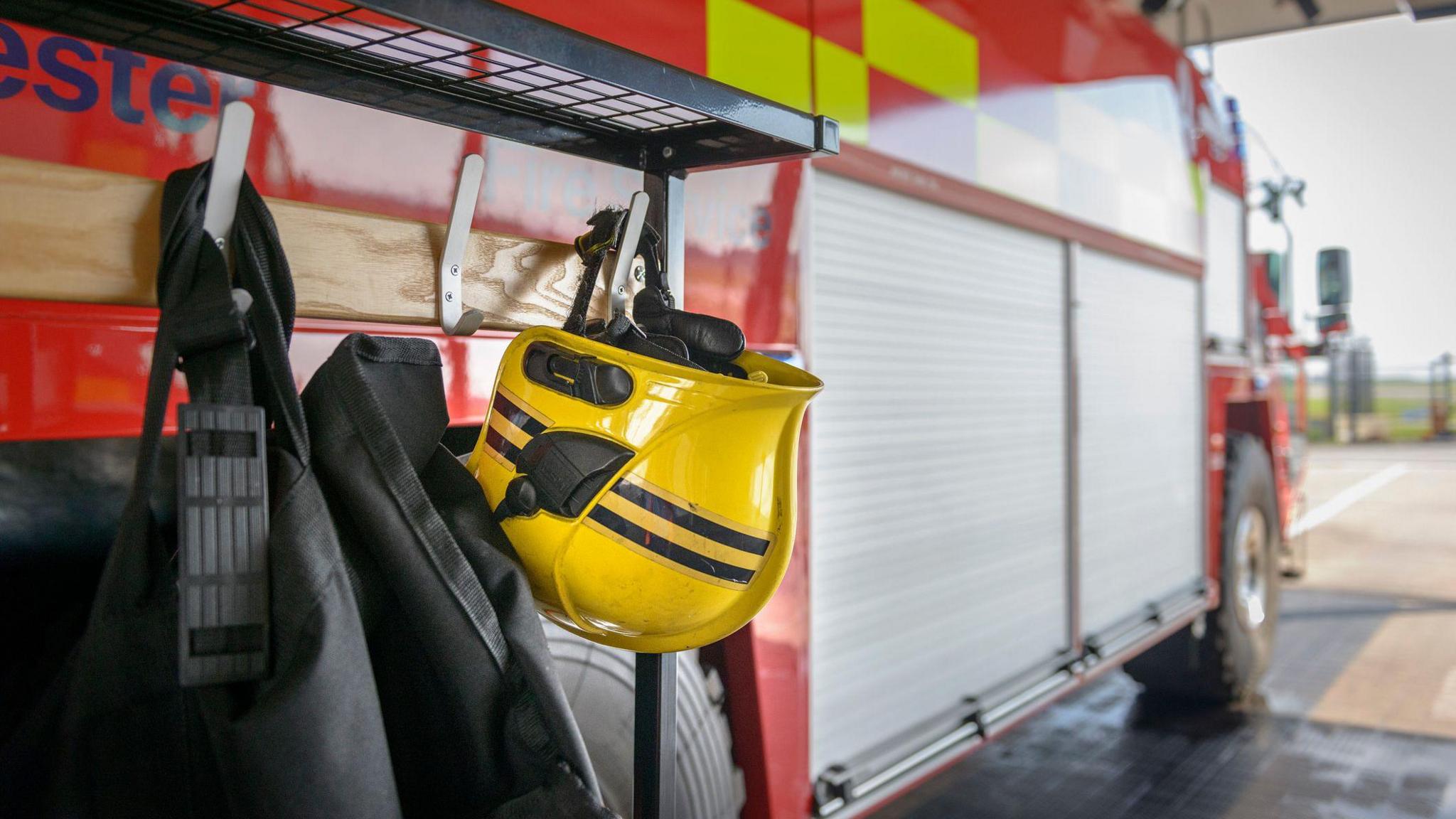
- Published20 December 2024
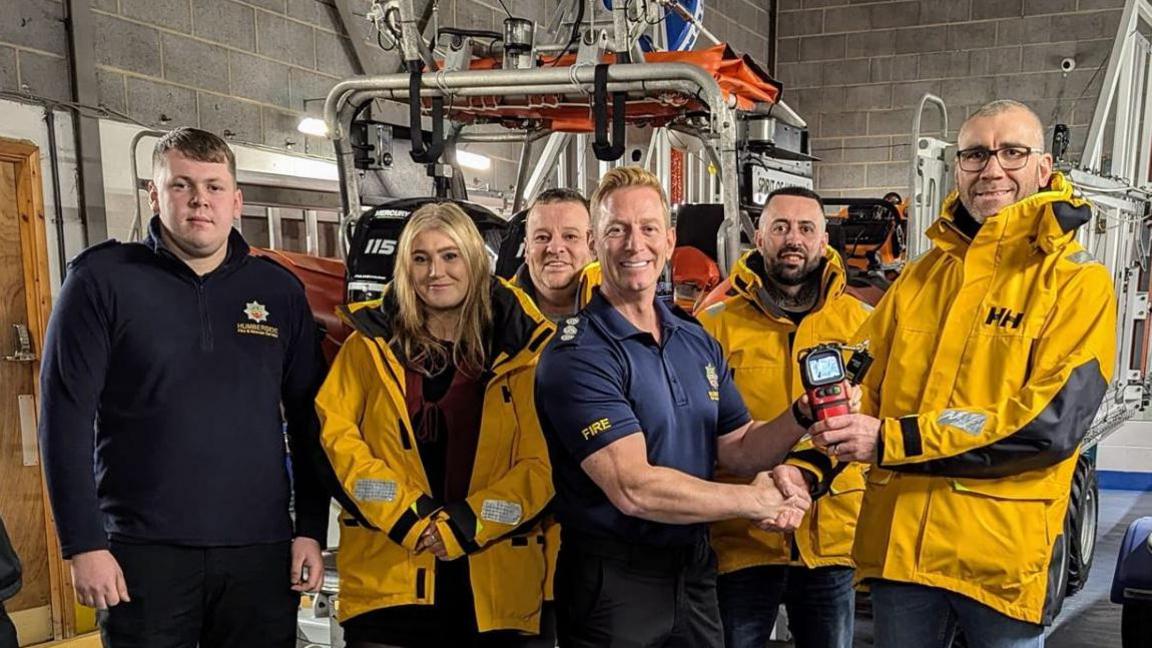
- Published6 September 2024
